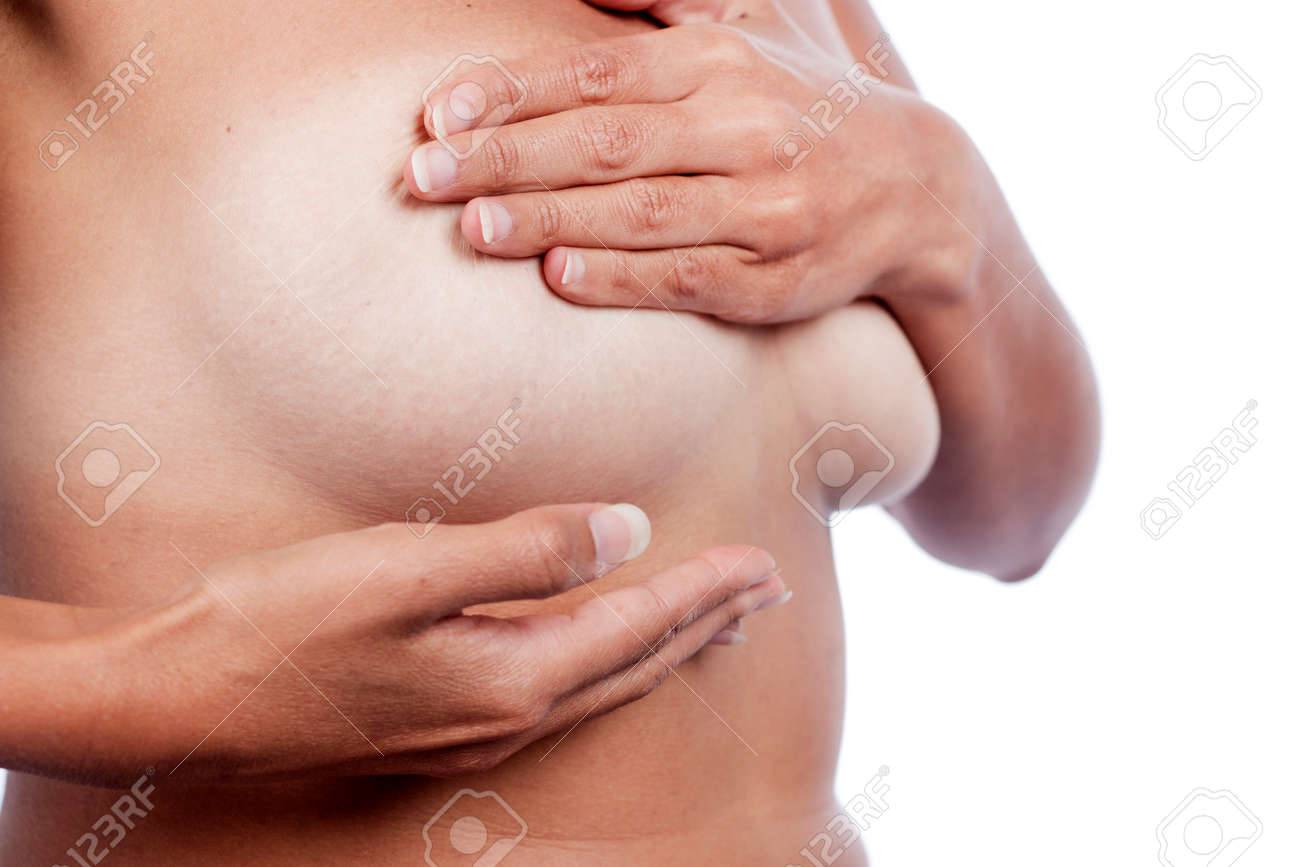Breast Cancer: Causes, Symptoms, Diagnosis, and Treatment
Breast cancer is one of the most prevalent forms of cancer affecting women globally. Despite significant advancements in medical science, it remains a major public health concern. This article aims to provide a comprehensive overview of breast cancer, covering its causes, symptoms, diagnosis, and treatment options.
### What is Breast Cancer?
Breast cancer originates in the cells of the breast tissue. It usually begins either in the ducts that carry milk to the nipple (ductal carcinoma) or in the glands that produce milk (lobular carcinoma). However, it can also occur in other parts of the breast.
### Causes of Breast Cancer
The exact cause of breast cancer remains unclear, but several risk factors have been identified:
1. **Genetic Factors:** Women with a family history of breast cancer, especially those with mutations in the BRCA1 and BRCA2 genes, have a higher risk of developing the disease.
2. **Age:** The risk of breast cancer increases with age, with the majority of cases occurring in women over 50.
3. **Gender:** Although rare, breast cancer can also affect men.
4. **Hormonal Factors:** Excessive exposure to estrogen, whether through hormone replacement therapy, early menstruation, late menopause, or not having children, can increase the risk.
5. **Lifestyle Factors:** Obesity, excessive alcohol consumption, and a sedentary lifestyle have been linked to an increased risk of breast cancer.
### Symptoms of Breast Cancer
Early detection of breast cancer greatly improves treatment outcomes. Common symptoms include:
1. **Lump in the Breast:** A painless lump or thickening in the breast or underarm area is often the first sign of breast cancer.
2. **Changes in Breast Size or Shape:** Any noticeable changes in the size, shape, or contour of the breast should be evaluated by a healthcare professional.
3. **Changes in the Skin:** This can include redness, dimpling, or puckering of the breast skin, resembling the texture of an orange peel.
4. **Nipple Abnormalities:** These may include nipple inversion, discharge (other than breast milk), or changes in appearance such as scaling or flaking.
5. **Breast Pain:** While not usually a symptom of breast cancer, persistent breast pain or discomfort should be assessed by a doctor.
### Diagnosis of Breast Cancer
Early detection of breast cancer involves regular breast self-examinations, clinical breast exams by healthcare professionals, and mammograms. If abnormalities are detected, further diagnostic tests may be performed, including:
1. **Biopsy:** A sample of tissue is taken from the suspicious area and examined under a microscope to determine if cancer cells are present.
2. **Imaging Tests:** These may include ultrasound, magnetic resonance imaging (MRI), or positron emission tomography (PET) scans to determine the extent and spread of the cancer.
### Stages of Breast Cancer
Breast cancer is staged based on the size of the tumor, whether it has spread to nearby lymph nodes, and if it has metastasized to distant organs. The stages are:
1. **Stage 0:** Also known as ductal carcinoma in situ (DCIS), the cancer is confined to the ducts and has not spread.
2. **Stage I:** The tumor is small and localized, with no spread to lymph nodes or distant organs.
3. **Stage II:** The tumor is larger or has spread to nearby lymph nodes but has not metastasized to distant organs.
4. **Stage III:** The cancer is locally advanced, with extensive lymph node involvement.
5. **Stage IV:** Also known as metastatic breast cancer, the cancer has spread to distant organs such as the lungs, liver, bones, or brain.
### Treatment Options for Breast Cancer
The treatment of breast cancer depends on various factors, including the type and stage of cancer, as well as the patient's overall health and preferences. Common treatment options include:
1. **Surgery:** This may involve lumpectomy (removal of the tumor and surrounding tissue) or mastectomy (removal of the entire breast).
2. **Radiation Therapy:** High-energy beams are used to destroy cancer cells and shrink tumors.
3. **Chemotherapy:** Powerful drugs are used to kill cancer cells or stop them from growing and dividing.
4. **Hormone Therapy:** This targets hormone-receptor-positive breast cancer by blocking the body's production of estrogen or preventing estrogen from binding to cancer cells.
5. **Targeted Therapy:** Drugs such as Herceptin target specific molecules involved in cancer growth and spread.
### Coping with Breast Cancer
A breast cancer diagnosis can be emotionally and physically challenging. It's important for patients to seek support from healthcare professionals, family members, and support groups. Maintaining a healthy lifestyle, following the treatment plan, and staying informed about the disease can also help in coping with breast cancer.
### Prevention and Early Detection
While not all cases of breast cancer can be prevented, there are steps women can take to reduce their risk:
1. **Regular Screening:** Mammograms and clinical breast exams can detect breast cancer in its early stages when treatment is most effective.
2. **Healthy Lifestyle:** Maintaining a healthy weight, exercising regularly, limiting alcohol consumption, and avoiding hormone replacement therapy can help reduce the risk of breast cancer.
3. **Breastfeeding:** Women who breastfeed their babies may have a reduced risk of developing breast cancer.
### Conclusion
Breast cancer is a complex disease that requires a multidisciplinary approach to treatment and management. Advances in research and technology have led to improved outcomes for many patients, but there is still much to learn about the disease. By raising awareness, promoting early detection, and supporting ongoing research efforts, we can work towards a future where breast cancer is no longer a life-threatening condition.
---
This article provides a comprehensive overview of breast cancer, covering its causes, symptoms, diagnosis, and treatment options. It emphasizes the importance of early detection, prevention, and ongoing support for individuals affected by this disease.




No comments yet
Be the first to share your thoughts!